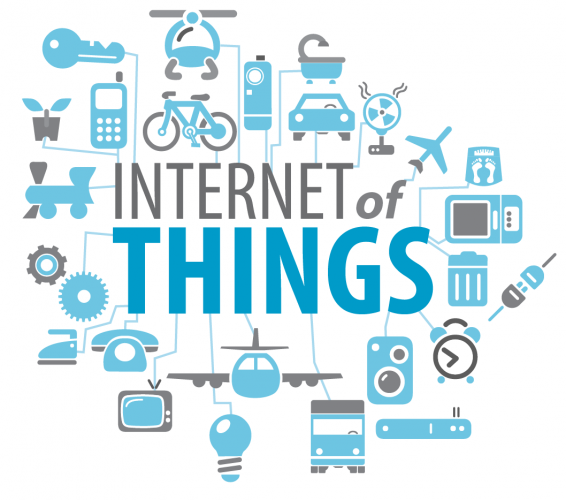The ecosystem of the Internet of Things is expanding. The revolutionary concept is not complex, but what it does, certainly requires some complex connection and mechanisms that can seamlessly manage the plugins. As more industries adopt the significant technology, the demand for a greater amount of electricity is augmenting, which is becoming an imperative concern in the IT world.
The pressure of managing all the data traveling from all the IoT deployments falls under massive data centers. IoT equipment will continue to produce large quantities of data that requires real-time analysis.
For businesses, Internet of things must contribute to reducing IT costs and boosting sustainability credentials. But experts reveal that Internet of things holds a bright future and believe that the IoT devices put into effect will promote energy efficiency and be a driving force behind powering computing centers.
IoT and Energy efficiency
IoT can do a lot more than interconnecting devices and enabling users to monitor and measure their routine activities. It can share a helping hand in controlling energy issues and reducing carbon footprint. The Internet of Things majorly drives smart grids as it lets us handle electricity efficiently, make use of more renewable energies and save resources.
Smart Grids for Internet of Things
Smart grid deals with balancing power, efficiency, and dynamically overhauling to provide energy at cheap rates without losing quality. Smart grids running along with the Internet of Things doesn’t use the conventional patterns of energy use, rather streamlines distribution of energy to be handled on real-time dependent on the immediate data produced. With real-time analysis, network usage can be monitored that allows organizations to upgrade electric supply at any given time.
In collaboration with smart meters, they make way for energy services and payment tariffs that could further cut down energy expenses and delivers environmental benefits.
Due to the considerable benefits of smart meter, data collection is growing rapidly. More and more smart meters are being deployed, especially in private households because it lets users understand how much energy they are actually consuming and equally, gives an opportunity to control the appliances with the help of mobile phone apps.
Businesses can drop energy consumption rate significantly by putting off the lights or altering heating and ventilation systems. To see optimized results, organizations must experiment this during peak times for a couple of hours. Ultimately, businesses will experience a great reduction in energy cost and equally in carbon footprint.
Appliances consuming an exhaustive amount of electricity can be controlled with the Internet of Things that in due time will curtail energy utilization.

 Priti
Priti










